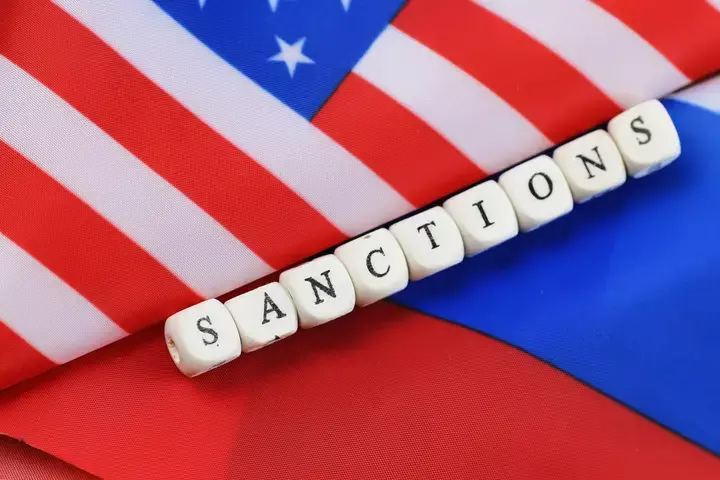US Intensifies Pressure on Russia with New Energy Sanctions: Implications for the Maritime Industry
In a significant move aimed at escalating pressure on Russia, the US has imposed aggressive sanctions on the country’s oil industry. Announced on January 10, 2025, these measures target major Russian energy companies, Gazprom Neft and Surgutneftegas, which handle over a quarter of Russia’s seaborne oil exports. The sanctions also expand restrictions on tankers, insurers, and traders linked to hundreds of cargoes. This article explores the implications of these sanctions on the maritime industry and their potential environmental impact.
Overview of the Sanctions
The sanctions, coordinated by the US Treasury in conjunction with the UK, aim to amplify the risks associated with Russia’s oil trade, including shipping and financial facilitation. Key targets include:
- Gazprom Neft and Surgutneftegas: These companies exported approximately 970,000 barrels of oil per day by sea in the first 10 months of 2024, constituting about 30% of Russia’s total seaborne oil exports.
- Insurers and Traders: Vital insurers and traders linked to hundreds of cargoes involved in the transportation of Russian oil.
- Tankers: Vessels that have already been subject to sanctions, aiming to further disrupt Russia’s oil trade.
These sanctions are part of a broader strategy to hinder Russia’s military capabilities following the invasion of Ukraine in 2022.
Impact on the Maritime Industry
The sanctions are poised to significantly affect the maritime industry, particularly in the following areas:
Tanker Owners and Operators
The sanctions will make it increasingly challenging for tankers to transport Russian oil. This could lead to a shortage of available vessels and increased operational costs for those that remain in service.
Insurers and Traders
The measures will restrict the ability of insurers and traders to provide coverage and financing for Russian oil cargoes. This will make it harder for Russian energy companies to access international markets.
Shipbuilders and Repair Yards
The sanctions may lead to a decline in demand for new tankers and repairs, potentially impacting the livelihoods of workers in the shipbuilding and repair industries.
Environmental Considerations
While the sanctions primarily target Russia’s oil trade, they may also have indirect environmental impacts:
Increased Risk of Oil Spills
The sanctions could lead to an increase in the number of tankers operating in the region, potentially elevating the risk of oil spills and environmental damage.
Increased Emissions
An increase in tanker operations could also lead to higher greenhouse gas emissions, contributing to climate change.
Summary
The US sanctions on Russia’s oil industry represent a significant escalation of economic pressure on Moscow. These measures are expected to have a major impact on the maritime industry, particularly affecting tanker owners and operators, insurers and traders, and shipbuilders and repair yards. While the sanctions may also have indirect environmental impacts, the primary goal is to disrupt Russia’s oil trade and increase pressure on the country to end its war in Ukraine.
Conclusion
As the situation continues to evolve, the maritime industry will face significant challenges and opportunities. Stakeholders in the industry should stay informed about the developing landscape and adapt their strategies accordingly. By understanding the implications of these sanctions, maritime professionals can better navigate the complexities ahead and contribute to a more sustainable and secure future for the industry.
For more insights and updates on the maritime industry, stay tuned to our blog. We provide comprehensive analysis and expert opinions to help you stay ahead in this dynamic field.
List of Sources
- US Ramps Up Pressure on Russia With Fresh Energy Sanctions – Yahoo Finance
- US Ramps Up Pressure on Russia With Fresh Energy Sanctions – Bloomberg.com
- U.S. Imposes New Sanctions to Squeeze Russia’s Energy Sector
- US Ramps Up Pressure on Russia With Fresh Energy Sanctions (1)
- Biden levies new sanctions against Russian energy sector | AP News
- Biden admin imposes harsh sanctions on Russian oil industry to … – CNN
- Biden levies new sanctions against Russian energy sector, but it’s up …
- New U.S. sanctions against Russian energy interests | Reuters
- Biden Slaps Broad Sanctions On Russian Energy Sector In Final Bid To …
- Biden administration imposes major sanctions on Russian energy sector


Leave a Reply